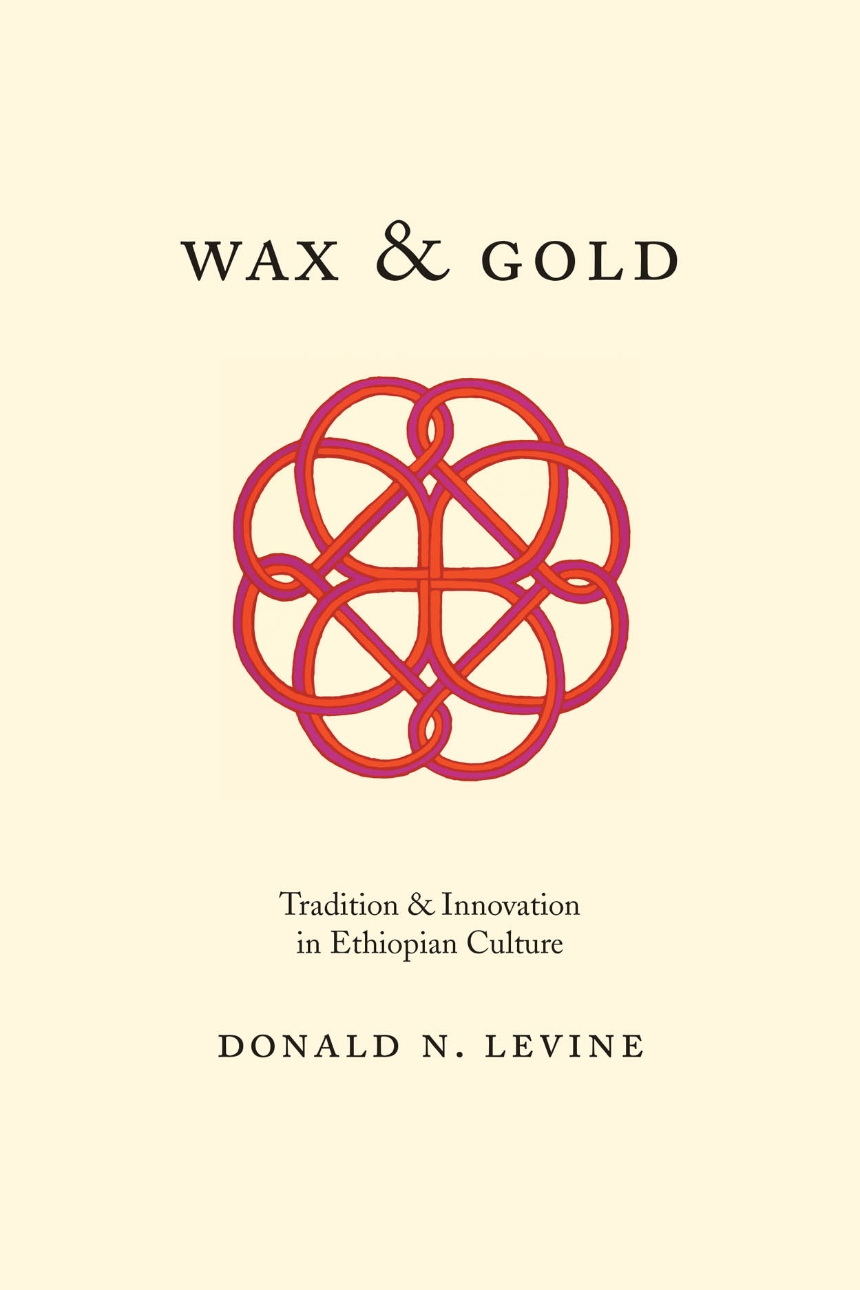Wax and Gold
Tradition and Innovation in Ethiopian Culture
In Abyssinian poetry, the “wax” is the obvious meaning, the “gold” is the hidden meaning. In Wax and Gold, Donald N. Levine explores mid-to-late-twentieth-century Ethiopian society on the same two levels, using modern sociology and psychology to seek answers to the following questions: What is the nature of the traditional culture of the dominant ethnic group, the Amhara, and what are its enduring values? What aspects of modern culture interest this society and by what means has it sought to institutionalize them? How has tradition both facilitated and hampered Ethiopian efforts to modernize? Enriched by the use of Ethiopian literature and by Levine’s deep knowledge of and affection for the society of which he writes, Wax and Gold is both a scholarly and a personal work.
Reviews
Table of Contents
Illustrations
Tables
1. Introduction: Amhara Tradition and Ethiopia's Modernization
2. The Legacy of Manz and Gondar
3. The World of the Amhara Peasant
4. The Emerging Adolescent
5. The Old and New Elites
6. Orality and the Search for Leadership
7. Individualism and the Quest for Social Progress
Notes
Note on Transliteration
Glossary
Index
